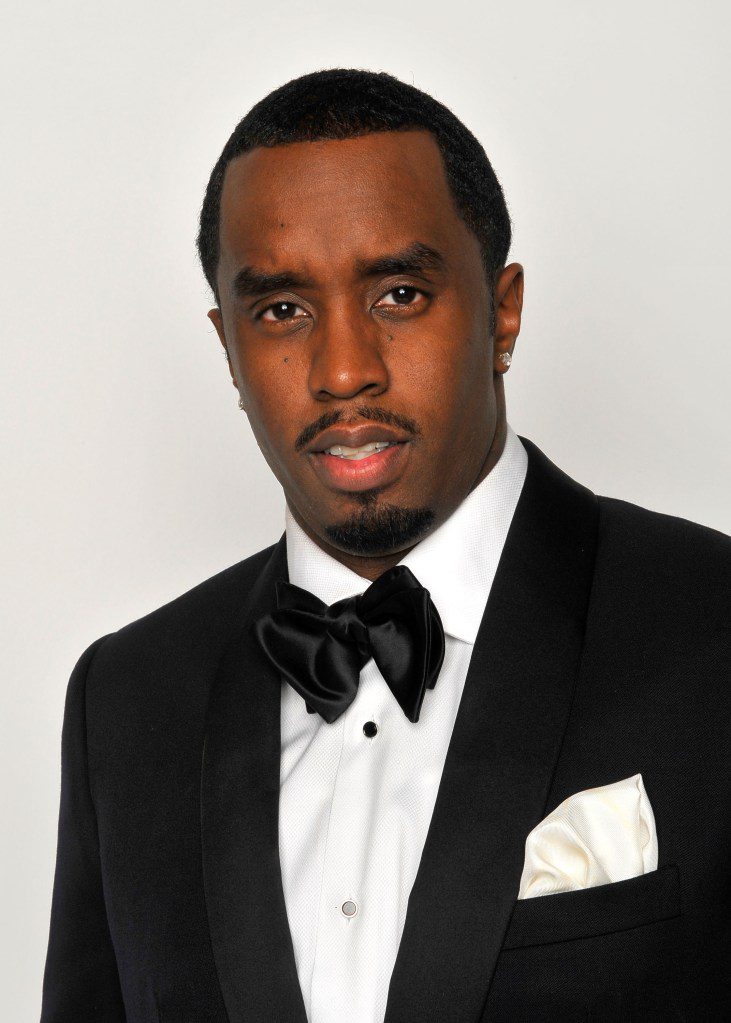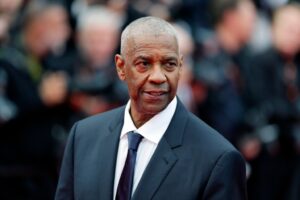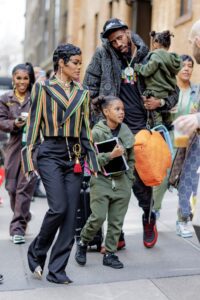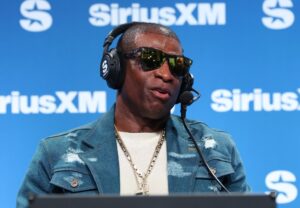Diddy Gang-Rape Accuser Can’t Remain Anonymous, Judge Rules

Diddy‘s gang-rape accuser, a woman suing for his alleged 2003 crimes, can’t stay anonymous. TMZ reports that the woman who filed the lawsuit as Jane Doe must reveal her true identity. At the behest of Diddy’s legal team, the woman was to reveal her name, to which the overseeing judge, Judge Jessica G. L. Clarke, agreed.
Billboard reported that Judge Clarke explained her decision to have the woman disclose her true identity. The judge acknowledged that Jane Doe revealing her name “could have a significant impact on her.” However, she asserted that Doe failed to properly convince the courts that she should remain anonymous throughout the case.
“While the court does not take plaintiff’s concerns lightly, the Court cannot rely on generalized, uncorroborated claims that disclosure would harm plaintiff to justify her anonymity,” she said.
“Although this case involves highly sensitive allegations and Doe has not publicly revealed her identity, all other factors weigh against Plaintiff’s motion should this case survive Defendants’ dispositive motions,” the judge continued.
In her explanation, the judge used examples of abuse cases involving Kevin Spacey and Harvey Weinstein as examples. In those cases, the victims couldn’t remain anonymous throughout the suit. Judge Clarke stated that the ruling wouldn’t take effect immediately. Instead, the judgment will be dealt with after the judge decides the fate of Diddy’s motion to dismiss the lawsuit.
Rolling Stone reported that Jane Doe claimed Combs, ex-Bad Boy president Harve Pierre, and a third unnamed man gang-raped her at a Manhattan recording studio when she was 17. The suit alleged that the victim was trafficked across state lines. She was then allegedly “plied with copious amounts of drugs and alcohol.”
Actor Sean “P. Diddy” Combs poses for a portrait during the 40th NAACP Image Awards held at the Shrine Auditorium on February 12, 2009 in Los Angeles, California.
Gallay/Getty Images for NAACP
The disgraced mogul recently hired Ghislaine Maxwell’s lawyer to fight the explosive accusations. According to legal affairs journalist Meghann Cuniff, Combs called in Bobbi Sternheim for the case. The Bad Boy Records founder spoke out against the suit in late February. He referred to the lawsuit as “fictional” and “unconstitutional” in his first legal response.
“He never participated in, witnessed, or was or is presently aware of any misconduct, sexual or otherwise, relating to plaintiff in any circumstance whatsoever,” his attorneys said in federal court.





